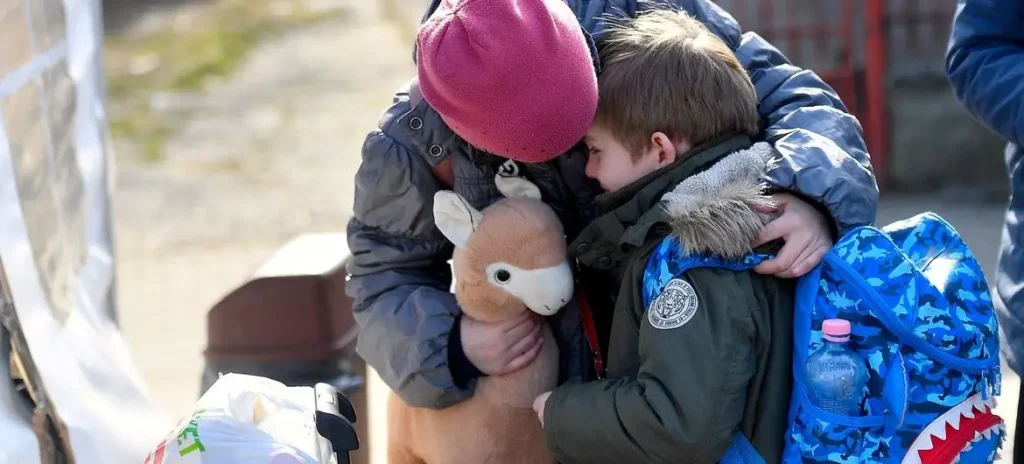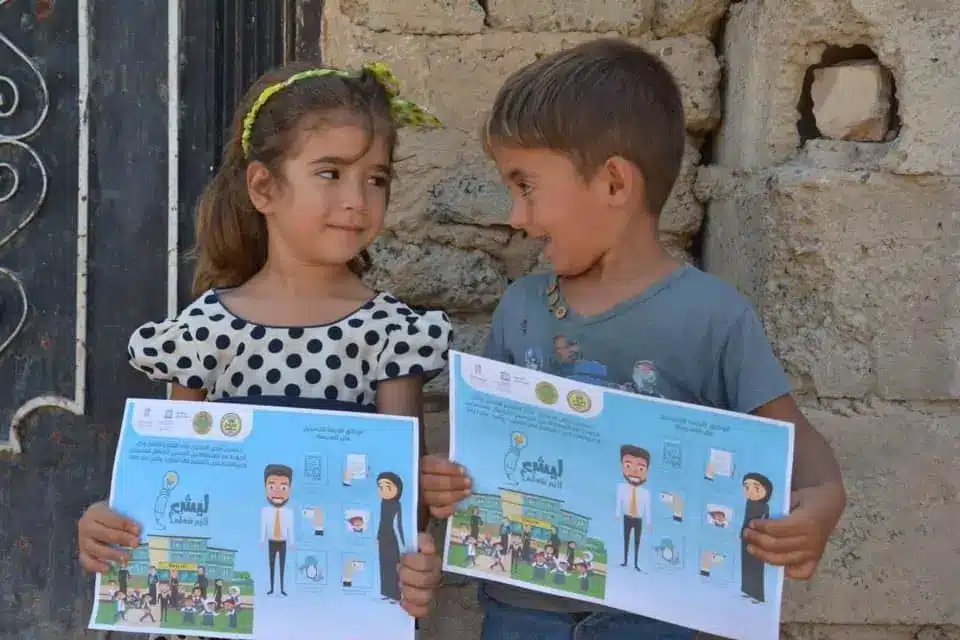Al-Rakeezah – Exclusive
It’s easy to notice any physical injuries, fractures, or even fevers that affect our children. However, many mental health issues are not visible to the naked eye, and many people do not pay attention to them. Mental health is an essential part of overall health and can sometimes be more challenging, complex, and even more dangerous for the patient due to the behavioral disorders, depression, or even suicide it may cause.
What is the concept of mental health?
Mental health can be defined as the ability to cope effectively with life’s challenges and pressures while experiencing happiness, satisfaction, and the ability to realize one’s potential and build healthy and productive relationships with others. Mental health is considered an essential part of public health, as it affects how individuals interact with the world around them and how they achieve a better quality of life. Therefore, it is worthy of attention, and seeking support and assistance when needed is crucial to maintaining the balance of mind and emotion.
Several elements can be included under this title, including:
- Self-awareness: The ability to understand your feelings, thoughts, and psychological needs, and identify sources of stress and anxiety.
- Emotional control: The ability to manage your emotions properly and express them in an appropriate manner without harming yourself or others.
- Coping with stress: The ability to deal effectively with life’s challenges and pressures without negatively affecting your mental health.
- Social relationships: Building and maintaining healthy relationships with family, friends, and colleagues.
- Satisfaction and happiness: Feeling content and happy in life, achieving personal and social goals.
- Effective communication: The ability to communicate effectively and healthily with others and seek support when needed.

Mental Health in Islam
Islam is a comprehensive and integrated way of life, and therefore, Islamic law pays great attention to mental health as an important part of public health. Muslims are guided to follow a lifestyle in both words and actions that care for the body, mind, and emotions, for themselves and those around them.
The Prophet Muhammad, peace be upon him, said: “If one of you becomes angry while standing, let him sit down; if the anger leaves him, well and good; otherwise, let him lie down.” Furthermore, prayer and remembrance (dhikr) are two essential means of promoting mental health and tranquillity. Prayer helps calm the mind, direct one’s attention to God, and transcend trivial matters, reducing stress and anxiety.
Positivity and optimism have significant positive effects on mental stability. The Prophet emphasized having a good outlook and discouraged pessimism. Maintaining a positive attitude and accepting destiny with patience and contentment help reduce depression and anger while increasing mental peace.
Moreover, maintaining family ties, communicating with relatives, spending on those in need, and offering assistance in the path of God all have positive effects on mental health. These practices have great value and rewards in the Hereafter, in addition to promoting servitude and closeness to Allah.

The Impact of Wars and Conflicts on Mental Health
Wars and armed conflicts have a significant impact on the mental health of individuals and communities in general. These harsh conditions lead to a range of psychological and emotional effects that can persist for years after the conflict has ended.
- Post-Traumatic Stress Disorder (PTSD): Many individuals who have experienced armed conflicts suffer from this type of disorder. It is characterized by recurrent thoughts of traumatic events, disturbing dreams, constant anxiety, and repeated thoughts related to the conflict.
- Depression and Anxiety: Wars can significantly increase levels of depression and anxiety. Psychological stress and loss of safety can lead to increased mental health problems.
- Sleep Disorders: Many individuals struggle with sleep problems during and after conflicts. Nightmares and constant thoughts of threats make sleeping difficult.
- Reduced Satisfaction: Wars can lead to a decrease in life satisfaction due to the loss of safety, stability, property destruction, and the loss of loved ones.
- Family Conflicts: Psychological and economic pressures resulting from conflicts can increase the chances of conflicts within families.
- Trust Issues and Social Isolation: Conflicts can lead to a lack of trust among individuals and social isolation, increasing feelings of loneliness and depression.
The psychological effects of wars and conflicts vary depending on individual, cultural, and social circumstances. Many individuals, however, need psychological and social support to cope with these effects and restore their mental health.

Psychological support of children and adolescents:
The stage of childhood and teenagers’ are always a challeng for them & there families due to hormonal and psychological considerations. However, those who have experienced severe events such as violence, armed conflicts, displacement, or forced migration require special sensitivity. Such events may have long-lasting repercussions that extend into their later years.
Here are some important steps to take when dealing with this group. It is essential to emphasize that psychological treatment for children and adolescents who have witnessed violence should be comprehensive and tailored to the individual’s needs. Collaboration between various relevant parties and mental health professionals is crucial:
- Psychological Assessment: A psychological assessment should be conducted to determine the extent of the impact of violent events on the individual’s mental health. This assessment may involve interviews with mental health professionals and the use of appropriate psychological assessment tools.
- Family Support: Encourage family support and provide assistance to family members in dealing with the impact of conflicts on their children. This support can include family therapy sessions or assisting families in providing psychological care.
- Providing a Safe Environment: It is crucial to create a safe and stable environment for children and adolescents. They should feel secure in their homes, schools, and communities.
- Expression and Emotional Outlet: Encourage children to express their feelings and thoughts in healthy ways, whether through talking, art, or writing. This can help them process their emotions.
- Psychological Therapy: Children and adolescents can benefit from psychological therapy provided by professionals. Cognitive-behavioral therapy, counseling, and family therapy can be used as needed.
- Education and Awareness: Educate children & families about the psychological effects of violent events and how to cope with them effectively. Workshops and educational resources can help raise awareness.
- Community Communication and Support: Promote communication between the community, schools, and social institutions to provide support to children and adolescents.
- Coping with Crisis: Equip children and adolescents with coping skills for handling crises and future pressures.
In conclusion, addressing the mental health of children and adolescents who have witnessed violence requires a comprehensive and tailored approach. Collaboration between stakeholders and mental health experts is vital to support and restore these individuals’ mental well-being.

